Housing affordability a ‘crisis issue’ ahead of federal budget
Extreme housing affordability pressures are “only going to continue” if unaddressed in Tuesday’s budget, with first-home buyers and those facing homelessness on the agenda.
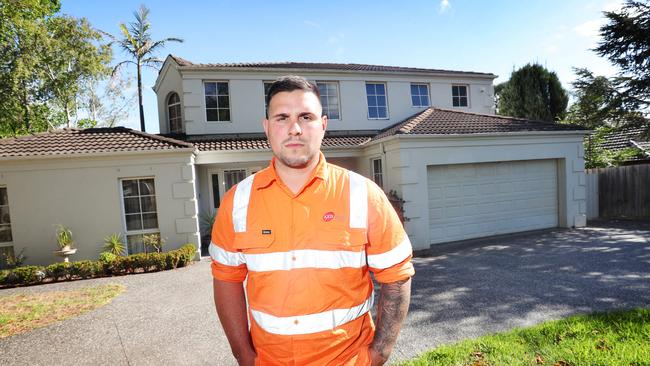
Housing affordability has reached “crisis issue” status with the federal government facing calls from leading lobby groups to fix supply and taxation woes as it heads into this week’s budget.
But a top buyer’s advocate has urged the Commonwealth not to throw money at first-home buyers at the expense of those facing homelessness.
Property Council of Australia chief executive Ken Morrison predicted “incredible affordability pressures” felt across the county were “only going to continue” if left unaddressed in Tuesday’s budget.
RELATED: The next Melbourne suburbs to boom
Homes frenzy produces $224m in one day
‘Aggressive bidder’ wows with stunning knockout
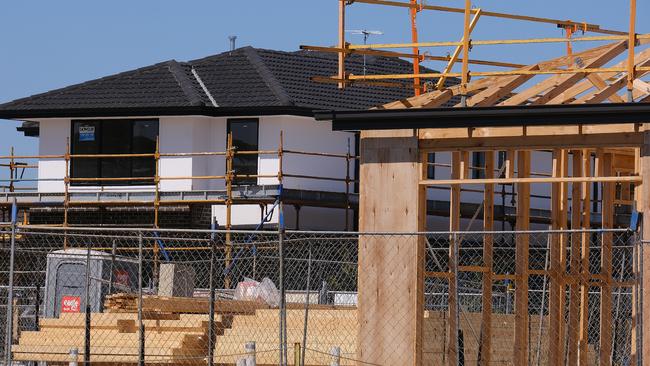
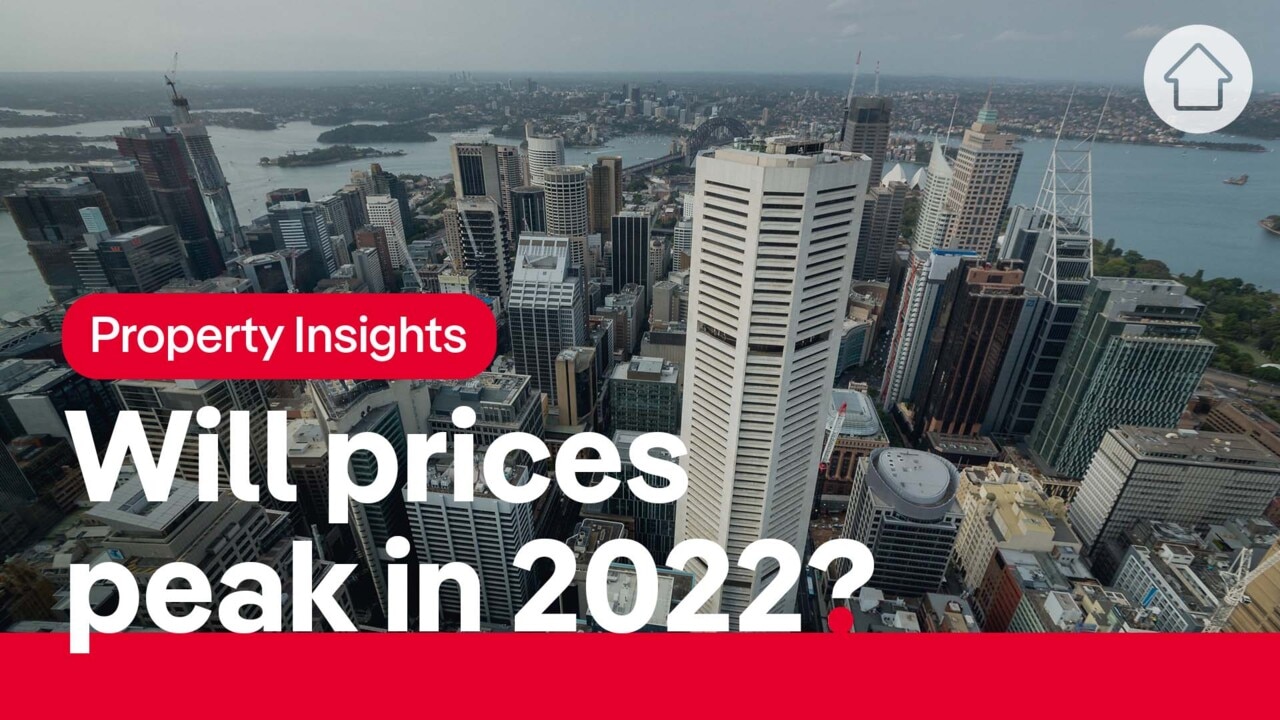
“We believe that housing affordability has now become a crisis issue, in political terms, and while the federal government does not control zoning decisions, it can have a very important role in state and local level incentives,” Mr Morrison said.
It comes as the Liberal Party’s own Falinski report, released last week, recommended state and federal governments work together to better plan for the future of housing.
“The federal government’s figures show that housing supply in four years will fall by 35 per cent, right at the time population growth winds up,” Mr Morrison said.
“We need to get housing supply right because it isn’t matching our growing population and the forecasts show we are going to fail in that balance over the next four years."
The report handed down 16 recommendations for the sector including increasing urban density in “appropriate locations”, incentivising local governments to adopt better planning policies and letting first-home buyers use superannuation as security for home loans.
Since the last federal budget, in May 2021, the median house price in metropolitan Melbourne climbed by $90,000, according to data from realestate.com.au.
Houses in regional Victoria gained an extra $77,500.
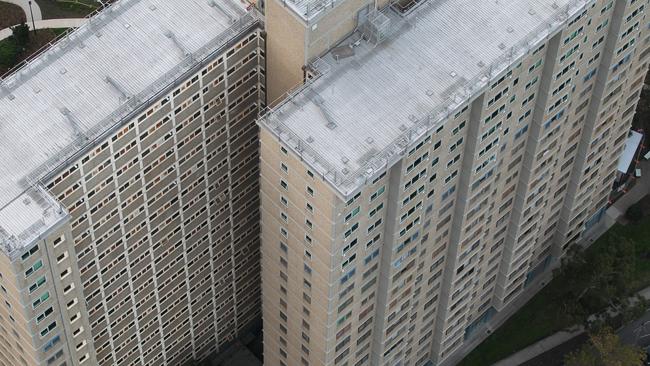
Real Estate Buyers Agents Association president Cate Bakos said support for more affordable housing and better urban planning was paramount as the state faced housing shortages.
She pushed back on calls for stamp duty taxes to be scrapped and superannuation made available to first-home buyers, except for in exceptional circumstances.
“I wouldn’t like to see money channelled into saving first-home buyers … at the expense of someone facing homelessness,” Ms Bakos said.
She said Melbourne had “a lot of catching up to do” from an urban planning standpoint and suggested incentives for mum and dad investors to return to the market could alleviate rental pain.
In pre-budget submissions the Real Estate Institute of Australia (REIA) called for an expansion of the First Home Loan Deposit Scheme to help more people with what has become the major hurdle for buyers — a deposit.
The scheme waives the lenders mortgage tax for eligible buyers who can’t afford a 20 per cent deposit and instead allows them purchase a home with only a 5 per cent deposit, with the remains guaranteed by the government.
HOMEBUYER PAIN
For Anthony Lorusso, the road to buying his first home has been long.
The 31-year-old has been actively looking for a house for nine months now but come auction day, keeps missing out.
“There’s a lot of competition and prices have gone up,” Mr Lorusso said.
“A lot you go to and you just waste your time.
The plumber has his heart set on a three-bedroom, two-bathroom house with a backyard around the $600,000-$680,000 mark.
But said properties where he wants to live, in the Knox area, were flying above asking price — some for as much as $800,000.
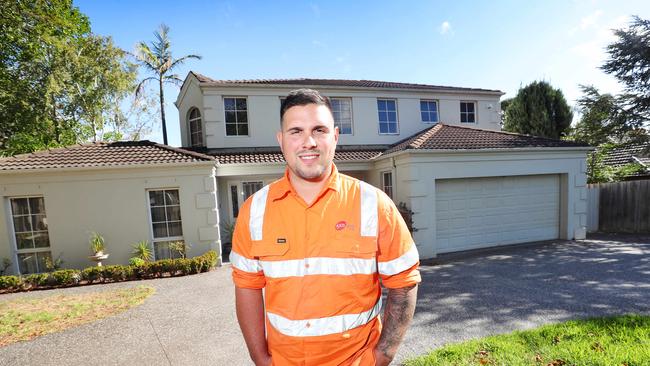
“If I’d bought a year ago I would have found something in the mid $600,000s — but prices have gone up and up and up,” Mr Lorusso said.
“I have a few friends who have moved towards Carrum Downs (as a result). It’s a lot cheaper, but it’s not where I want to live.”
Mr Lorusso said more housing supply and tightening rules on a property’s quoted range would give buyers, particularly first-home buyers, a better chance.
Realestate.com.au chief economist Cameron Kusher said the impact of “low interest rates and restrictions on how people can spend their money” had driven the spike.
“People couldn’t travel, they couldn’t shop or see their friends or go to pubs so they were dedicating more of their income to housing,” Mr Kusher said.
Loan Market director Jacob Decru said many first-home buyers were now worried about future interest rate rises, even if they had already saved a deposit.
He suggested that the government could implement a “game changer” budget measure by subsidising first-home buyer loans at lower interest rates.
– with Nathan Mawby
Sign up to the Herald Sun Weekly Real Estate Update. Click here to get the latest Victorian property market news delivered direct to your inbox.
MORE: Joe and Renae Ingles score in Brighton
Retired Roo lists ahead of Sweden move
Stunning 147-year-old Italianate mansion up for grabs
alanah.frost@news.com.au
Originally published as Housing affordability a ‘crisis issue’ ahead of federal budget
